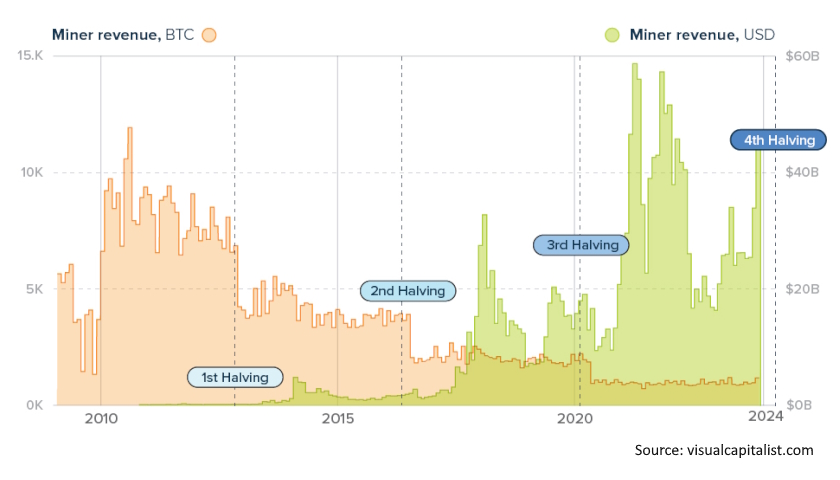A group of bankers and traders have completed what they believe to be the first agricultural commodity sale conducted entirely on a blockchain platform. The parties – seller Louis Dreyfus Company, buyer Shandong Bohi and bankers ING, Societe Generale and ABN Amro – handled the sale of a soybean cargo on ING’s Easy Trade Connect platform, which uses blockchain to validate all steps of the transaction. No paper contracts or certificates changed hands, and there were no manual paperwork checks.
In addition to its novelty, the digital platform is much faster and therefore much cheaper, ING says. “The fully digitalized transaction simulated the traditional 11-14 day process and took only four days to complete,” said Anthony van Vliet, ING’s global head of trade and commodity finance.
In a previous test last year, ETC was used to handle the sale of an oil consignment through trading house Mercuria. The shipment was resold three times between its departure from Africa and its arrival in China, and the banks found that their labor outlay in each transaction dropped from the usual three hours of work down to just 25 minutes. All told, ING said, the method saved about 30 percent on typical transaction costs.
Oil will likely be the proving ground for blockchain-enabled trading. Some of the best-capitalized energy firms in the world – BP, Shell, Statoil, Gunvor, Mercuria and Koch – have joined with ING, ABN Amro and Societe Generale to build out ETC as a platform for commodity trading. It will likely roll out by the end of 2018.
In addition to speed, ETC’s developers say that it has attractive features to reduce risk of fraud, ease workloads and cut down on human error, including:
– real-time access to information for all parties
– automated document review
– all-inclusive electronic document management, including letter of credit, bill of lading and certificates of quality and quantity
– a full data record for auding
Despite the advantages, ETC and other blockchain initiatives won’t take over the world overnight, says Robert Serpollet, Louis Dreyfus’ head of trade operations.
“The technology itself is evolving incredibly quickly, but we still have a long way to go before being able to scale it up across the value chain while guaranteeing security and confidentiality of data. Additionally, the interoperability of blockchain platforms and integration with legacy systems need to take place in order to ensure a broad adoption,” Serpollet said in a statement. “There are other limitations to a rapid adoption, such as the diversity of our ecosystem, the legal validity of a fully digitalized transaction and the acceptance of local authorities like customs.”
Source: maritime-executive.com




